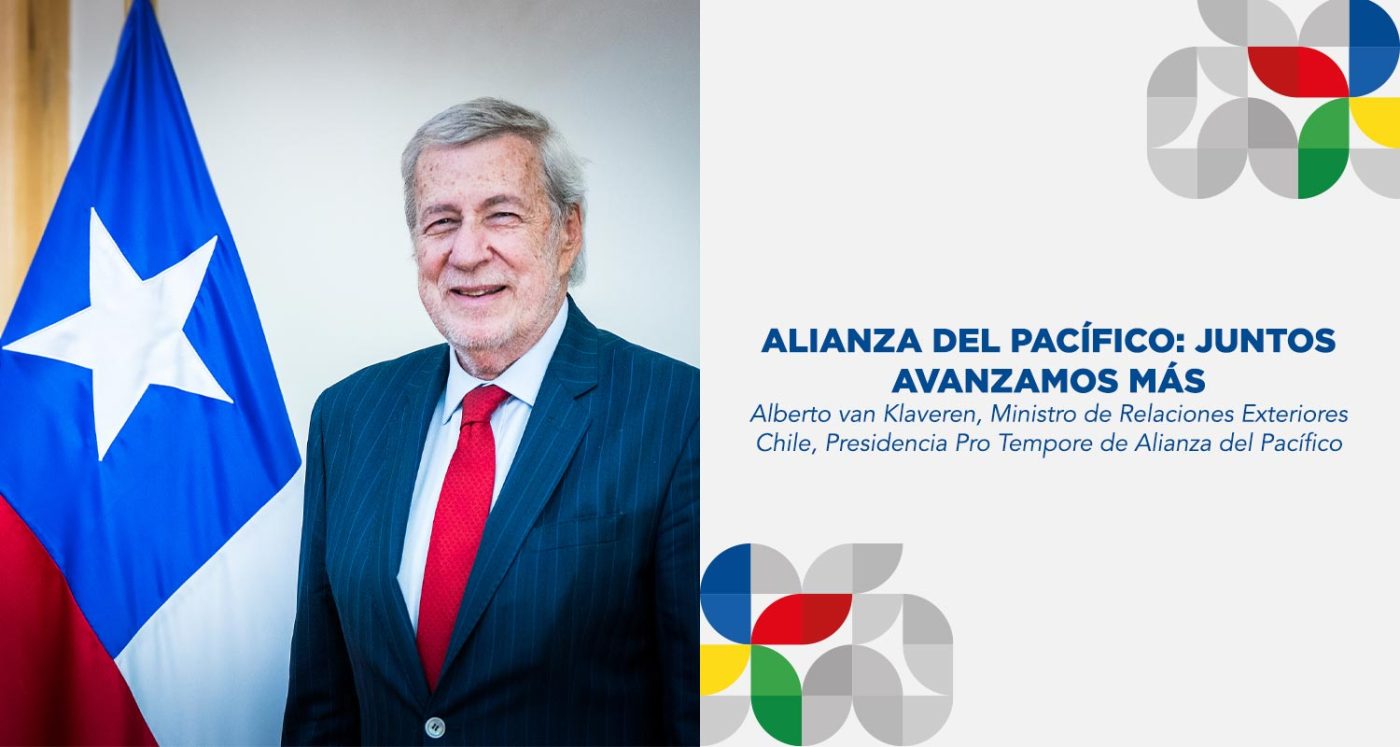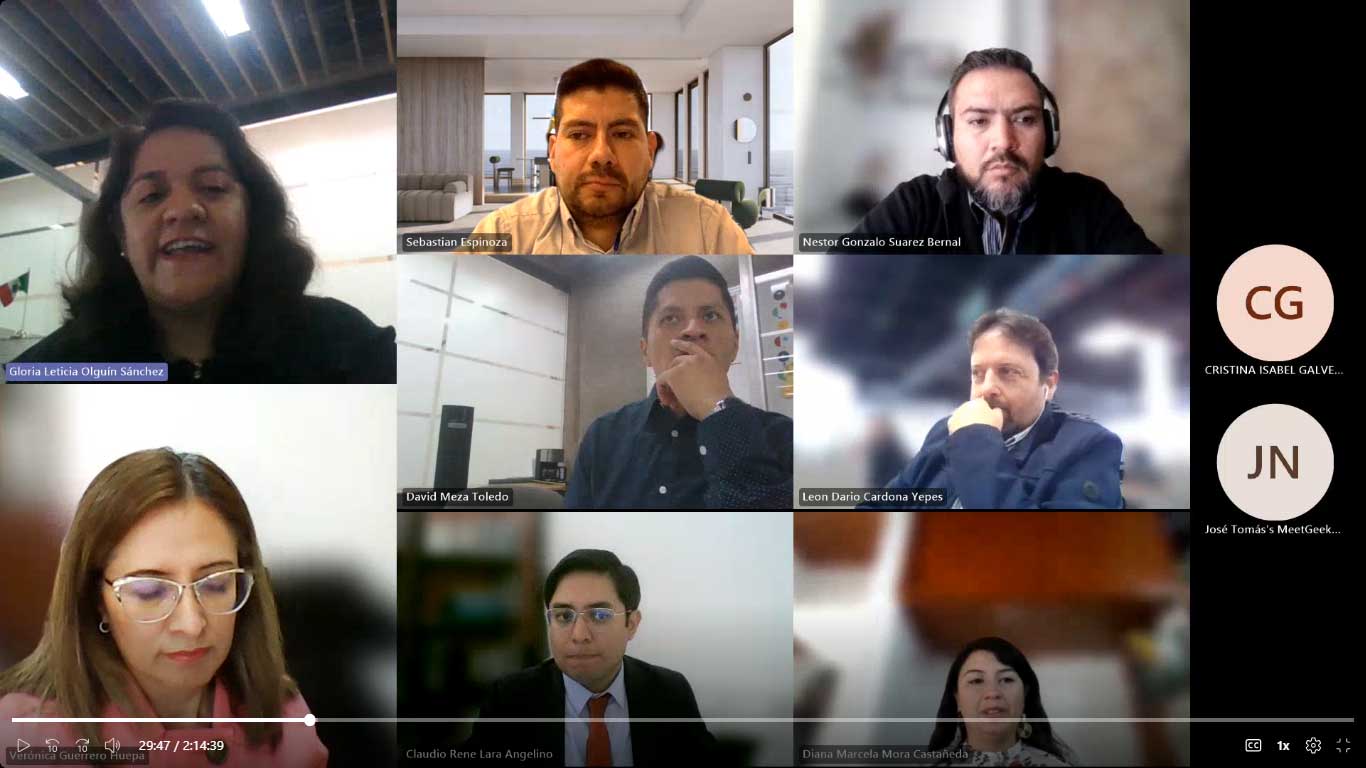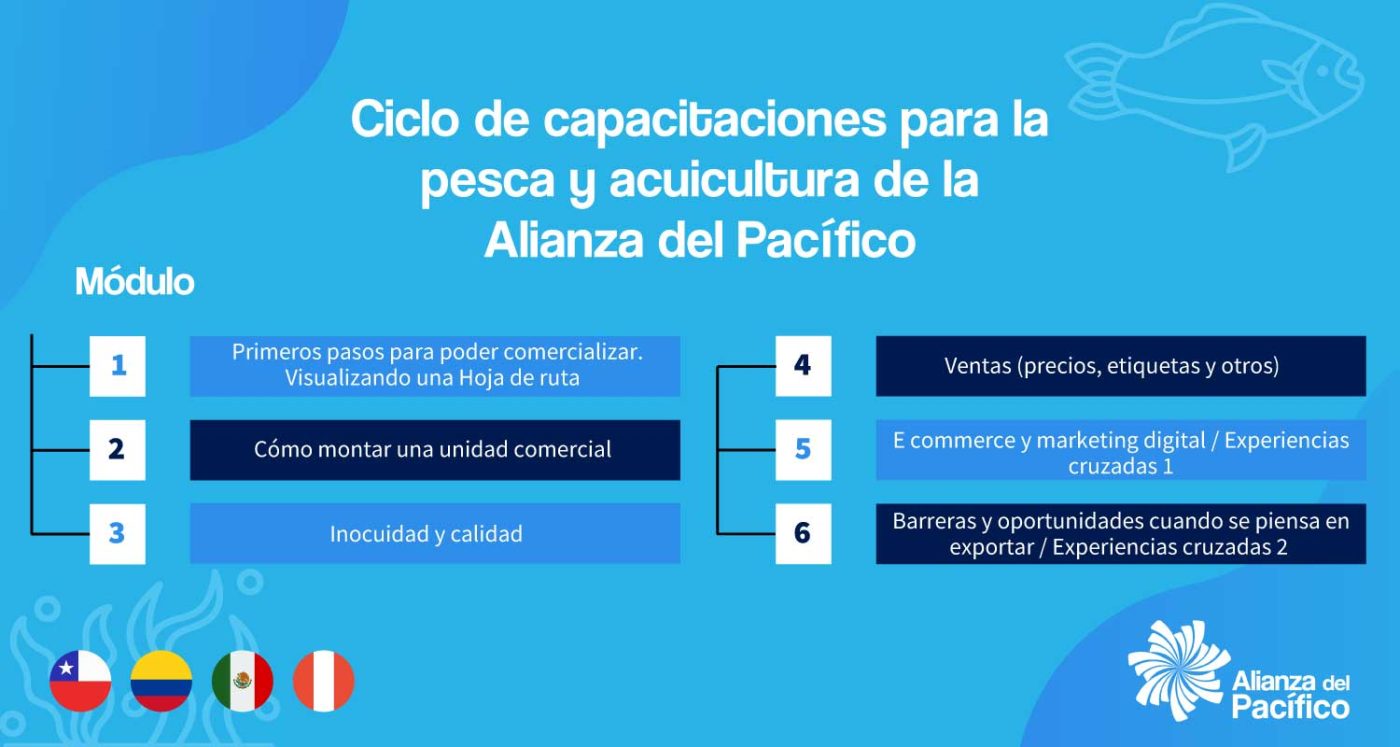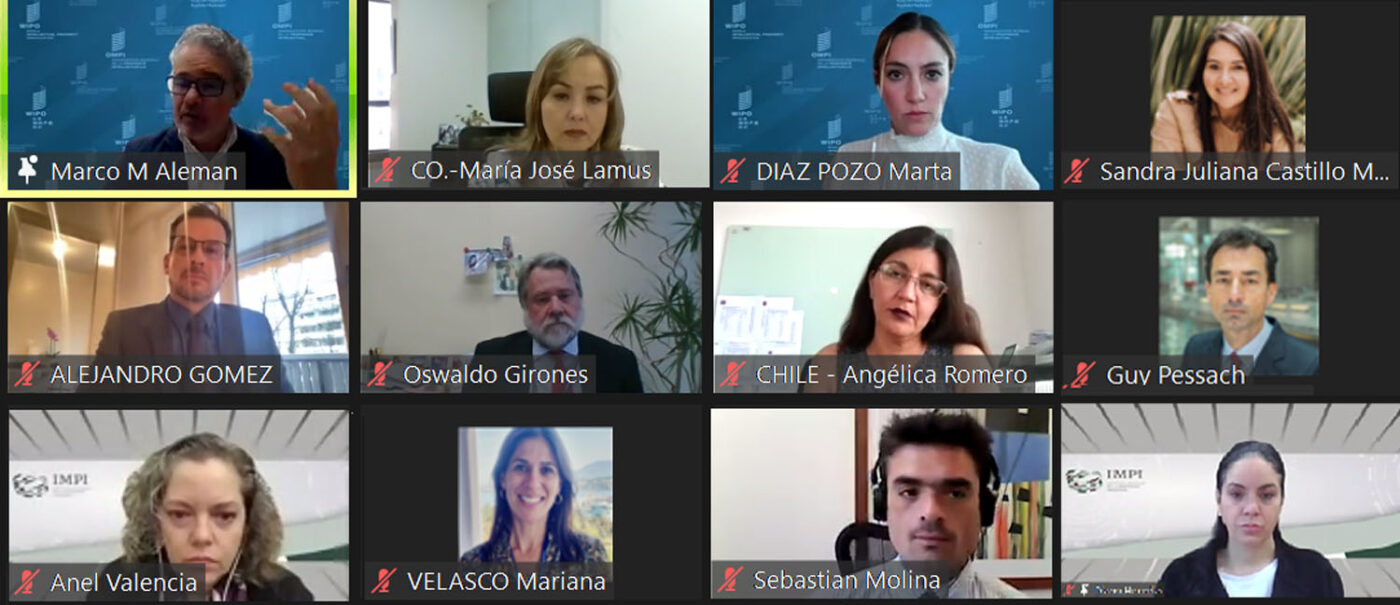Claudia Sanhueza, Subsecretaria de Relaciones Económicas Internacionales, Ministerio de Relaciones Exteriores de Chile
23 de diciembre de 2024.- Este viernes 13 de diciembre cerramos la Presidencia Pro Tempore de Chile en una masiva ceremonia, donde el ministro Van Klaveren traspasó a los ministros de Relaciones Exteriores y de Comercio de Colombia, la Presidencia del bloque.
Fue un momento para celebrar los logros alcanzados durante los 13 años de vida de la Alianza, así como para destacar los resultados obtenidos durante nuestra PPT. De un bloque, que a pesar de la volatilidad económica internacional y el resurgimiento de tensiones geopolíticas, se ha mantenido como un ejemplo de cooperación efectiva, con un enfoque sostenible e inclusivo.
Me gustaría destacar algunos de estos logros, así como acciones y actividades realizadas por Chile, divididas en tres ejes: Social, Económico e Institucional.
En primer lugar, en el eje social, en materia de Desarrollo e Inclusión Social pudimos realizar la Primera Reunión Ministerial y de Altas Autoridades de Desarrollo Social de la Alianza del Pacífico, donde se adoptó una Declaración Conjunta para avanzar hacia Sistemas de Protección Social Resilientes, mitigando el impacto de las crisis en nuestras comunidades. También fortalecimos capacidades técnicas, implementando iniciativas sobre medición de la pobreza, caracterización socioeconómica, registros de información social, y la evaluación y monitoreo de programas sociales.
En Juventud y Cooperación, continuamos promoviendo el desarrollo profesional y académico a través del Programa de Becas de la AP, que en su decimoquinta convocatoria benefició a 192 estudiantes de los cuatro países, además de 8 becas adicionales otorgadas por Hungría. También organizamos la edición 2024 del Voluntariado Juvenil, con 80 participantes de nuestras naciones.
En cuanto a Empoderamiento Económico de la Mujer, realizamos la Segunda Reunión Ministerial de la Mujer en Santiago, y mediante la “Declaración por la Paridad de Género”, nos comprometimos a promover la participación igualitaria en todos los ámbitos de la vida económica, social y política, además de reducir las brechas en las labores de cuidado, que, según la CEPAL, recaen tres veces más sobre las mujeres en nuestra región. Y, asimismo, realizamos capacitaciones y actividades de inclusión con enfoque de género, especialmente en turismo, pesca y acuicultura, sectores tradicionalmente masculinizados.
En el eje económico, destacó en Economía Digital y Comercio Electrónico, la realización de los “AP Days”, donde promovimos el diálogo sobre economía digital, inteligencia artificial, comercio electrónico y el flujo transfronterizo de datos personales; y fortalecimos las capacidades de las micro, pequeñas y medianas empresas (MiPymes), impulsando el comercio intrarregional y el comercio electrónico transfronterizo. También, y junto al Consejo de Finanzas, trabajamos para desarrollar un ecosistema Fintech sostenible en la región mediante la Mesa de Innovación Financiera.
Asimismo, realizamos el III Foro de MiPymes Exportadoras y Cooperativas, invitando a los sectores público, privado y académico a conversar sobre cómo impulsar las exportaciones de estas empresas y cómo apoyar a la creación y expansión de las cooperativas con foco en la exportación.
En Promoción de Exportaciones, las agencias de promoción, lideradas por ProChile, organizaron la XI Macrorrueda de Negocios, enfocada en Pymes, donde participaron 154 empresas que generaron más de 500 reuniones de negocios; y la novena edición del Foro Lab 4+, que reunió a 157 empresas con negocios por más de 10 millones de dólares en sectores como tecnología, cambio climático, ciberseguridad y servicios financieros.
Y en Protección del Medio Ambiente, abordamos la gestión sostenible de plásticos y los registros de reducción de emisiones, junto con propuestas en mejora regulatoria y gestión de información ambiental.
La creación del Grupo de Trabajo para la Adhesión de Costa Rica y la aprobación del Consejo de Ministros para que este país pueda ingresar como miembro pleno a la Alianza, sin duda es una excelente noticia en el eje institucional. Este paso concreto hacia la expansión de la comunidad AP fortalecerá nuestra capacidad para proyectarnos internacionalmente y para consolidar un mercado integrado más amplio y dinámico.
La futura incorporación de Costa Rica diversificará, sin duda, nuestra oferta económica, integrando sectores estratégicos como la tecnología, dispositivos médicos, agricultura sostenible y turismo, donde Costa Rica es un referente mundial.
Chile se siente profundamente orgulloso del trabajo realizado este año y agradecido por la disposición constructiva de nuestros socios Colombia, México y Perú durante nuestra gestión, y de los equipos técnicos por su dedicación y compromiso.





